Welding Safety and Efficiency: How It Impacts US Industry Performance
In the grand tapestry of the U.S. economy, welders play a crucial role that is often overshadowed by more high-profile industries or professions. Yet, their skills and expertise form the backbone of several critical sectors, making welders indispensable. From building the structures we live and work in to manufacturing the vehicles and machinery that power our daily lives, welders are central to maintaining the nation's infrastructure and driving economic growth. Enrolling in a welder training class helps aspiring welders gain the skills necessary to contribute effectively to these industries.
Ensuring Safety in Construction
First and foremost, welders are essential to the construction industry. Every skyscraper, bridge, and tunnel owes its existence to the skilled hands of welders. Their ability to fuse materials together ensures the structural integrity and safety of construction projects. By focusing on safe welding practices, welders minimize the risk of structural failures and accidents, protecting workers and future occupants alike. This not only supports the construction industry directly but also boosts related sectors such as steel production and real estate development, underpinning a significant portion of economic activity. Completing a welder training class ensures that professionals are prepared to uphold these high safety standards.
Improving Efficiency in Manufacturing
Moreover, welders are a key component of the manufacturing industry, which forms a significant part of the U.S. economy. According to Zippia, approximately 31% of welders are employed in this sector. Their efficiency in assembling components for cars, airplanes, and other products ensures that production timelines are met without compromising quality. By implementing precise techniques and adhering to safety standards, welders contribute to both cost-effective operations and consistent output, keeping American manufacturing competitive on the global stage and sustaining millions of jobs. A quality welder training class equips students with these essential skills and industry knowledge.
Optimizing Performance in the Energy Sector
Finally, the energy sector, particularly oil and gas, is heavily reliant on welders. From pipelines to drilling rigs, welders ensure that infrastructure is built to withstand harsh conditions while maintaining operational safety. As the U.S. continues to explore alternative energy sources, welders will also be involved in constructing and maintaining wind farms and solar power installations. Their expertise in safe, efficient welding practices is essential for long-term reliability and performance, positioning welding as a critical trade in the transition to a sustainable energy future.
Welders are the unsung heroes of the U.S. economy. By prioritizing safety and efficiency, their expertise supports key industries vital for economic stability and growth. As we continue to build and innovate, the demand for skilled welders is expected to persist, underscoring their enduring importance. Recognizing and investing in this workforce will be crucial to securing a prosperous and sustainable industrial future. Contact Crider's Institute of Welding Technology today to learn how our welder training class programs can equip you with the skills needed to excel in this vital trade and advance U.S. industry performance.

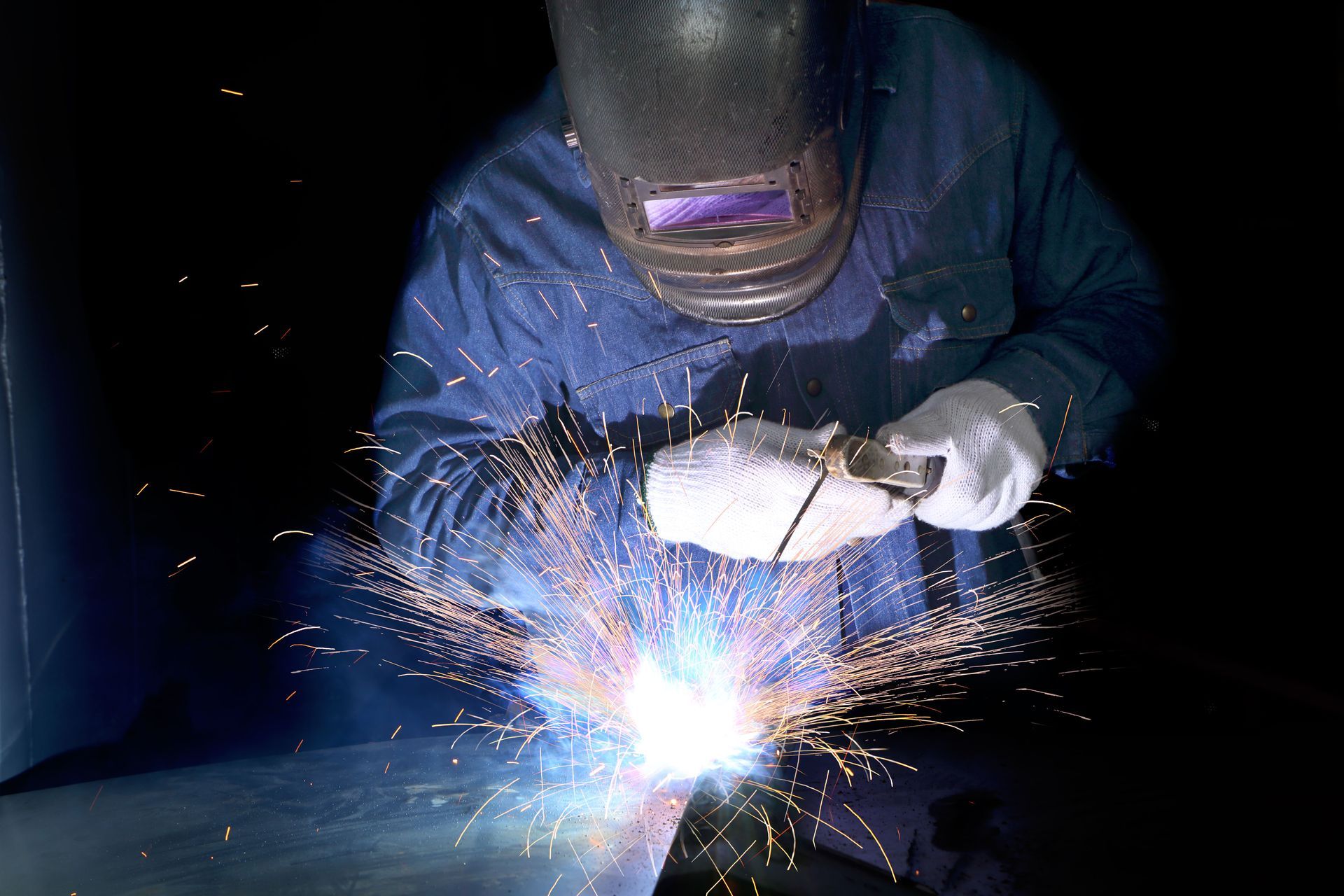
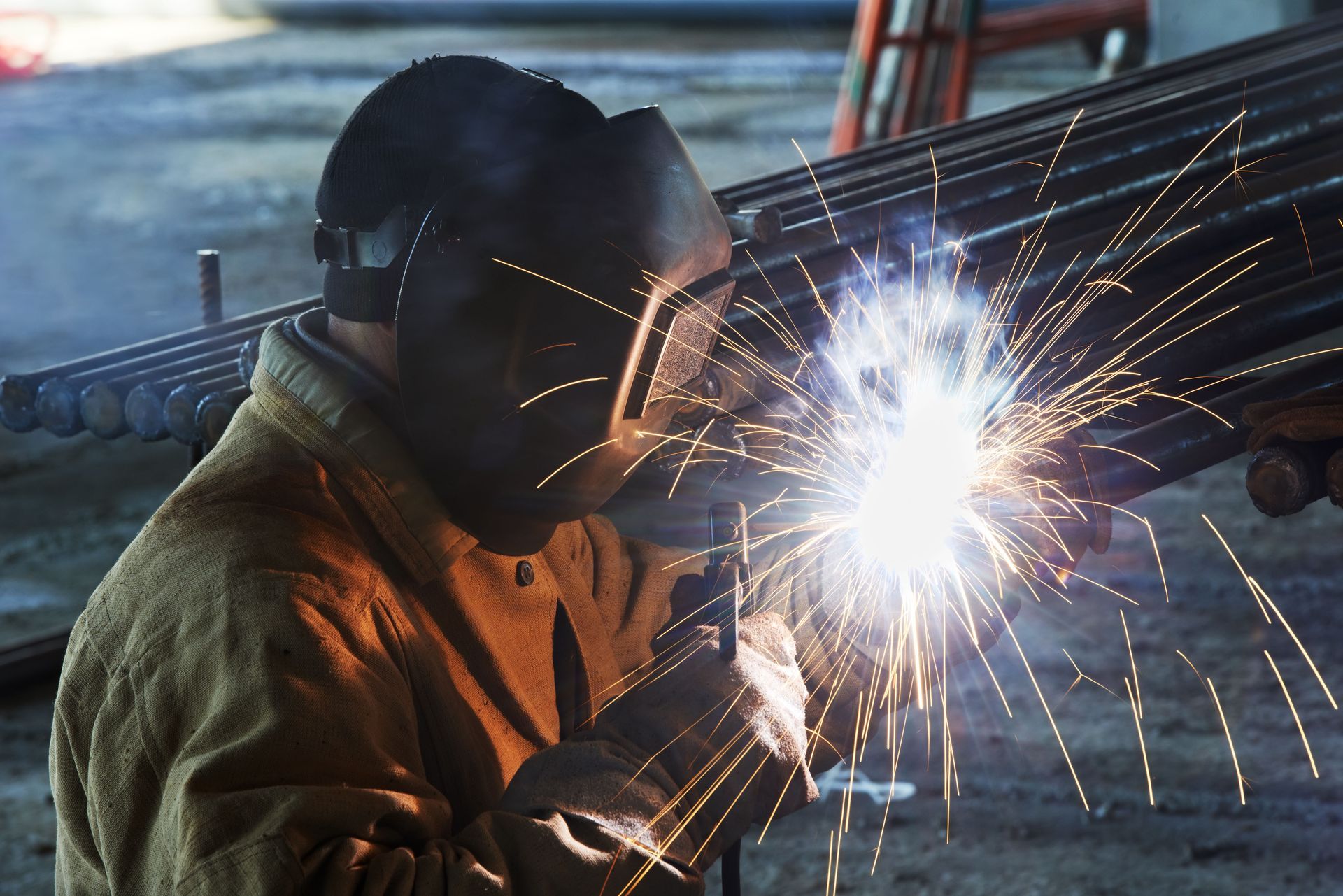

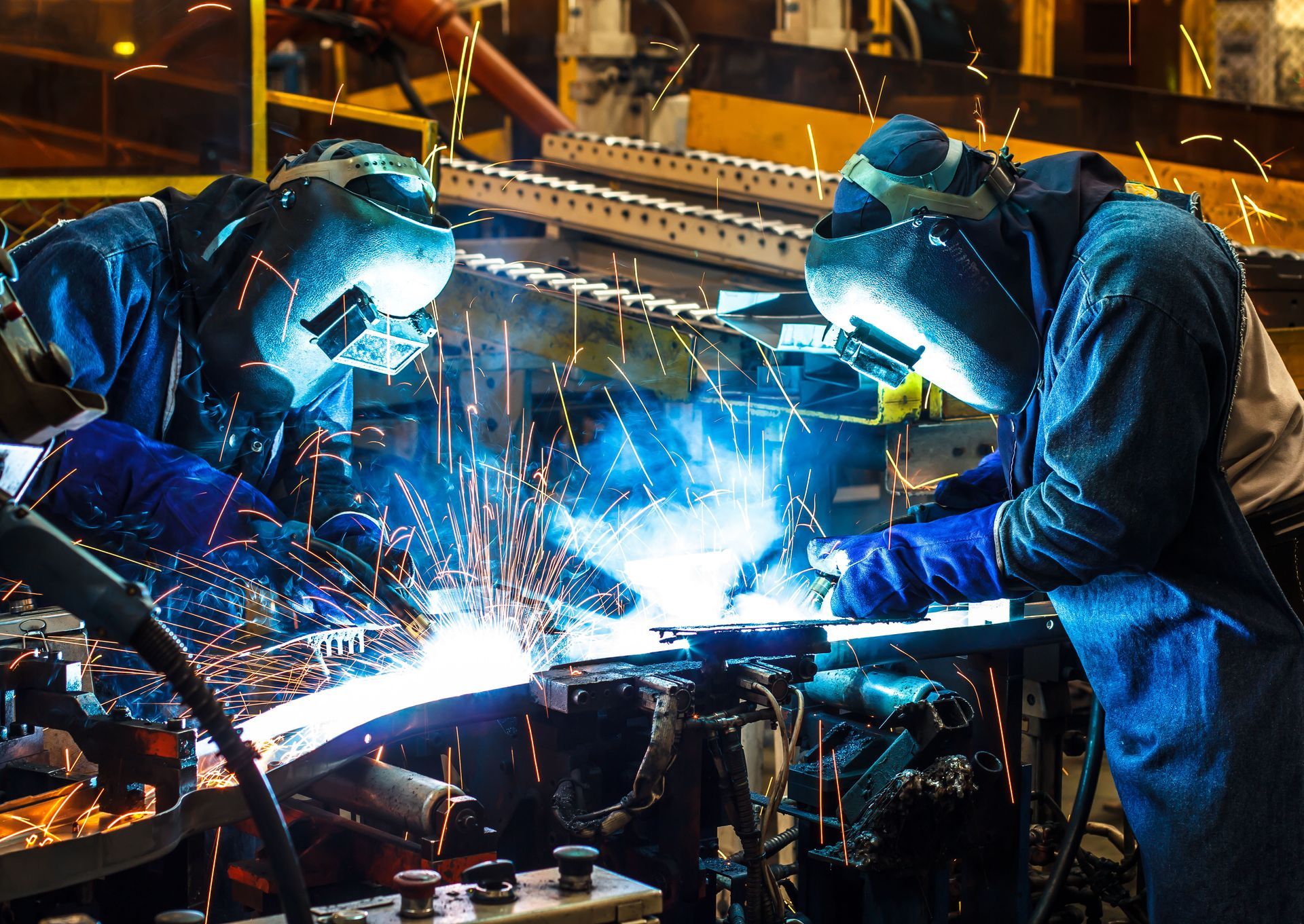
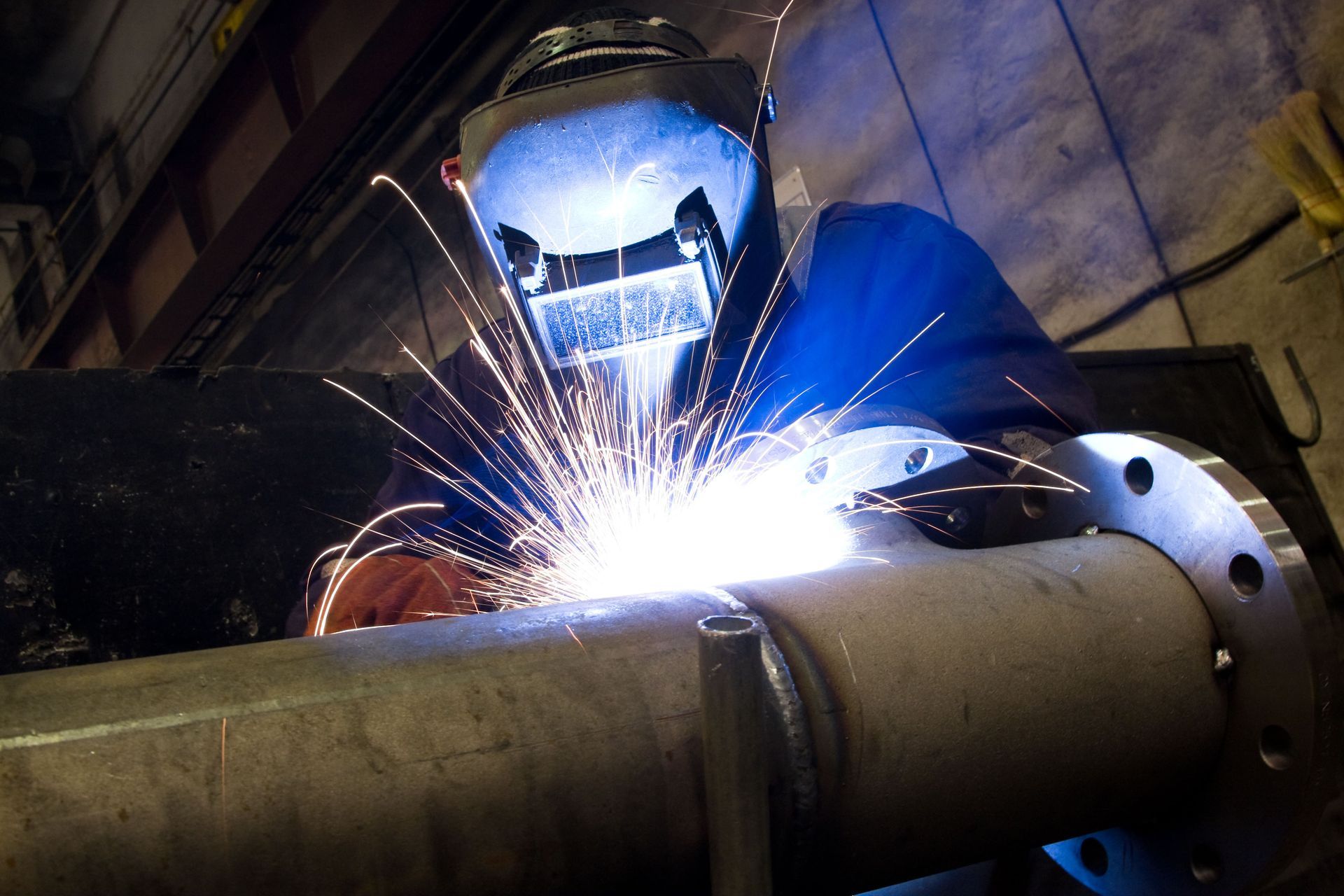
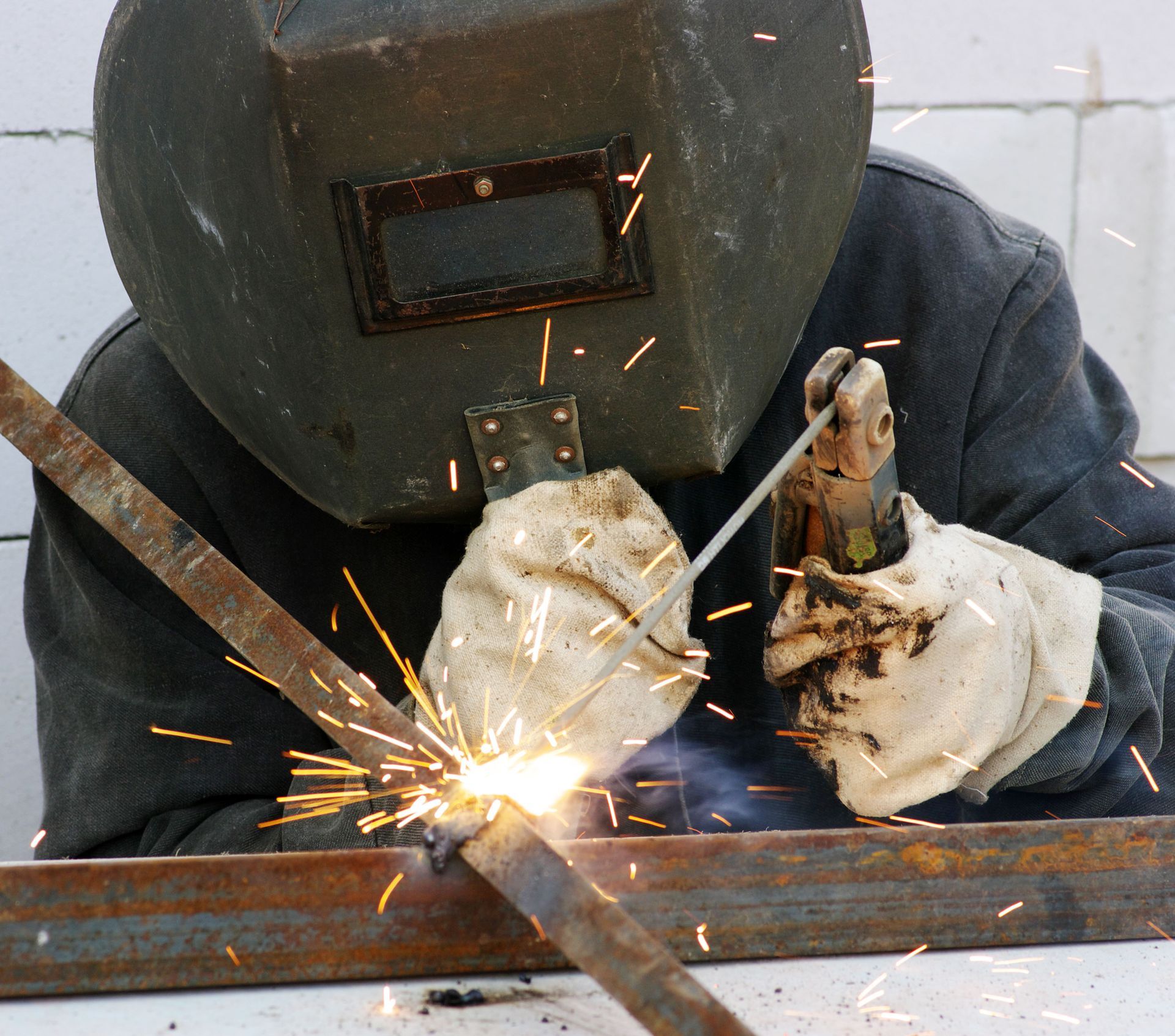
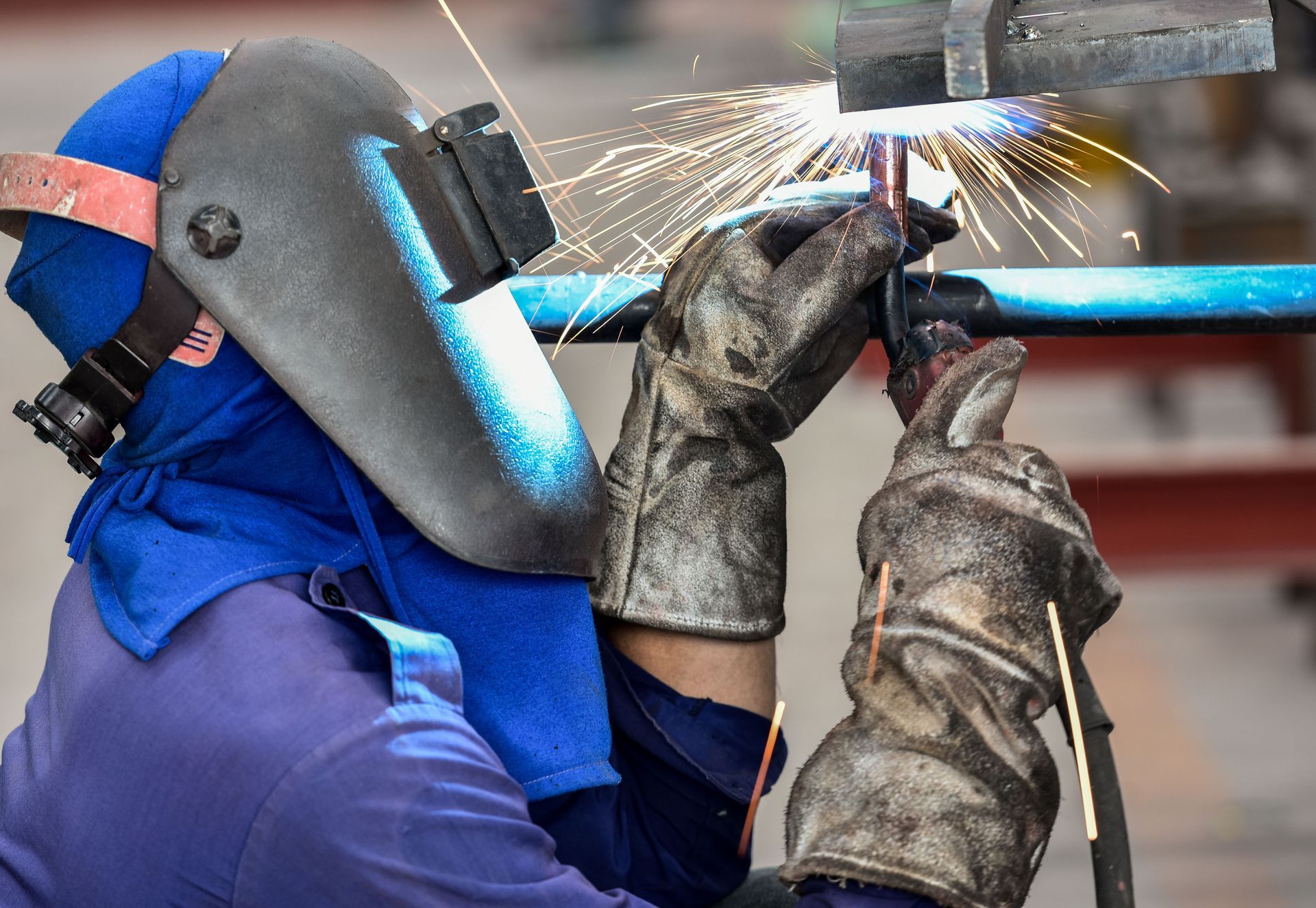
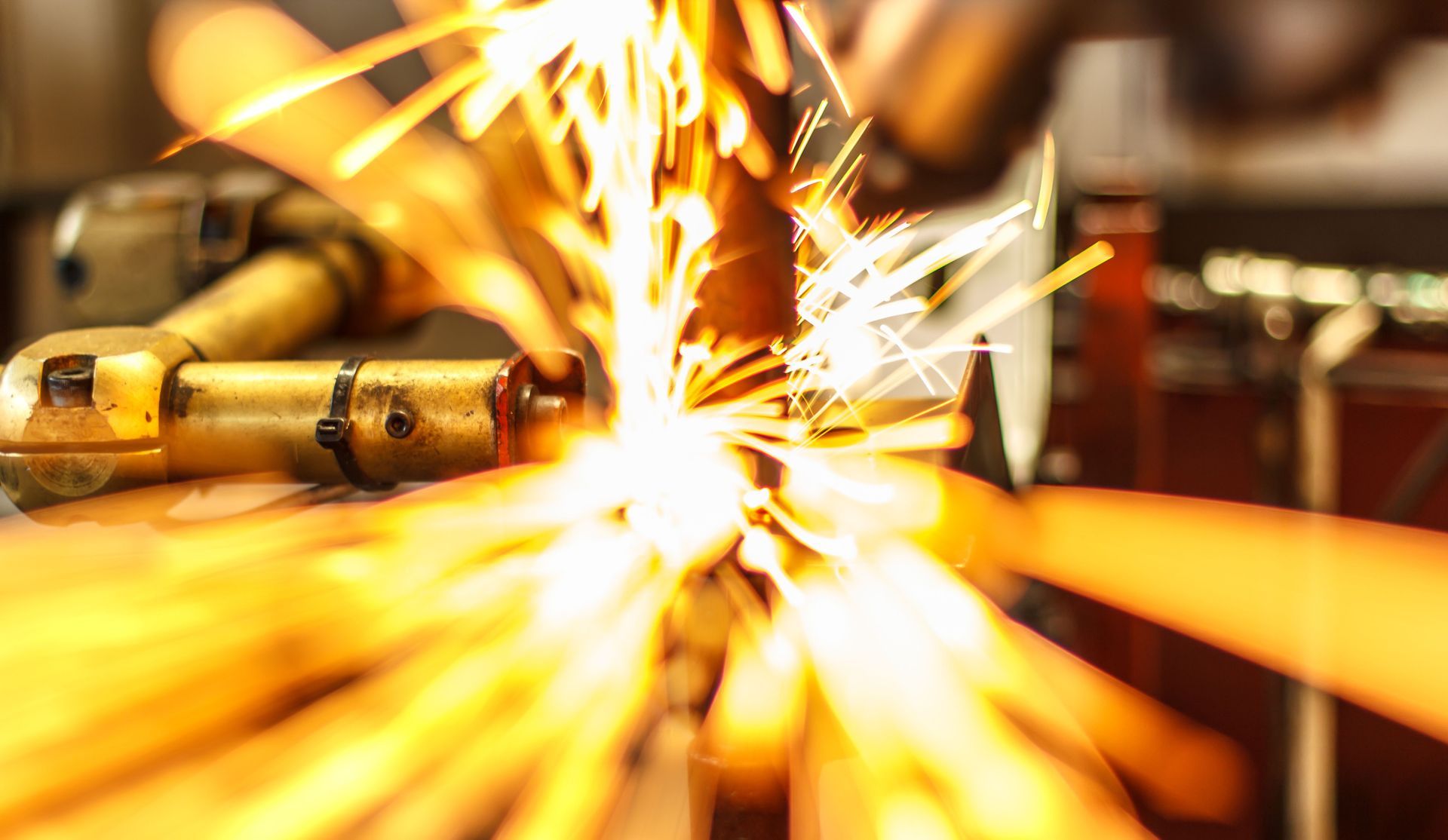
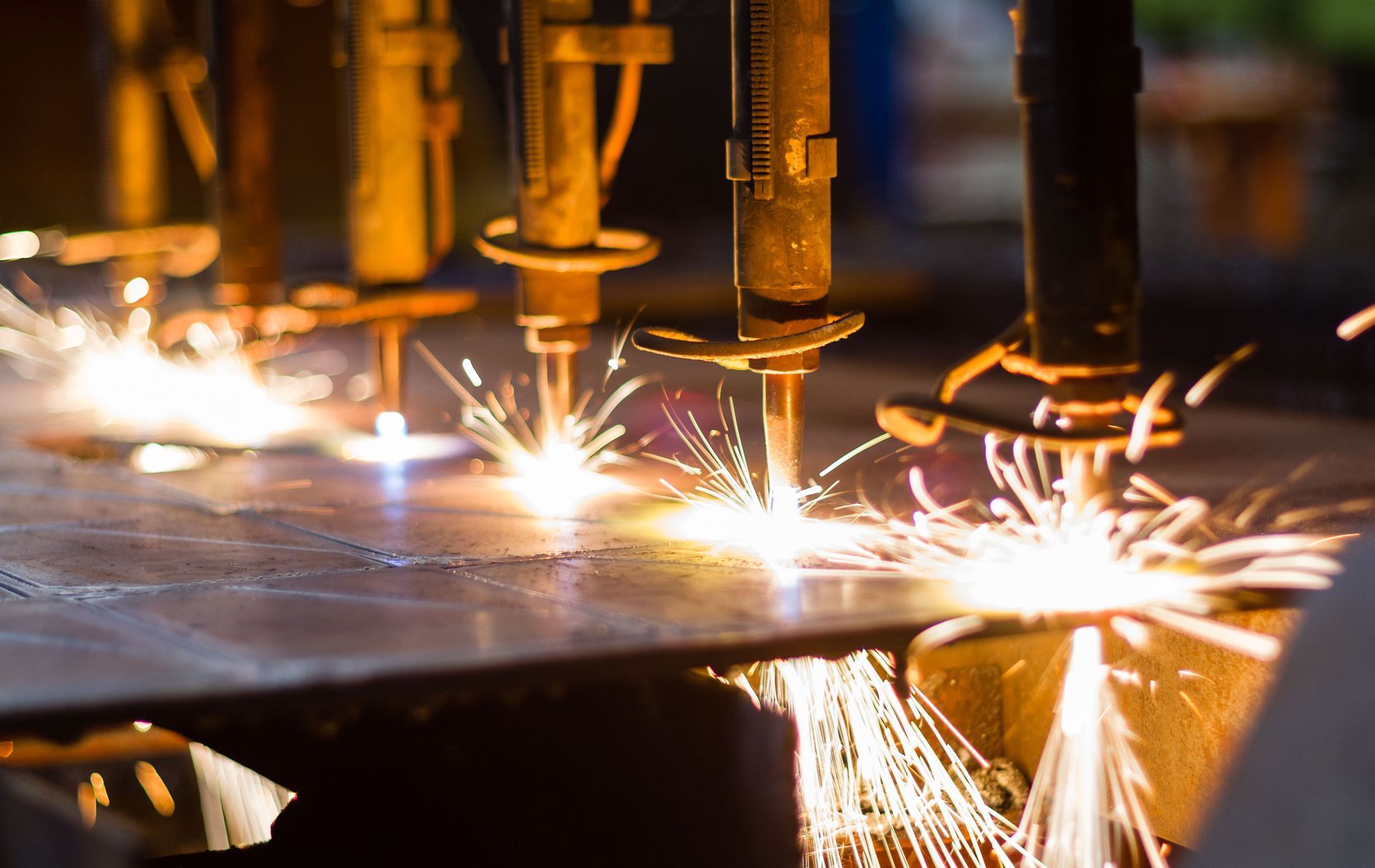
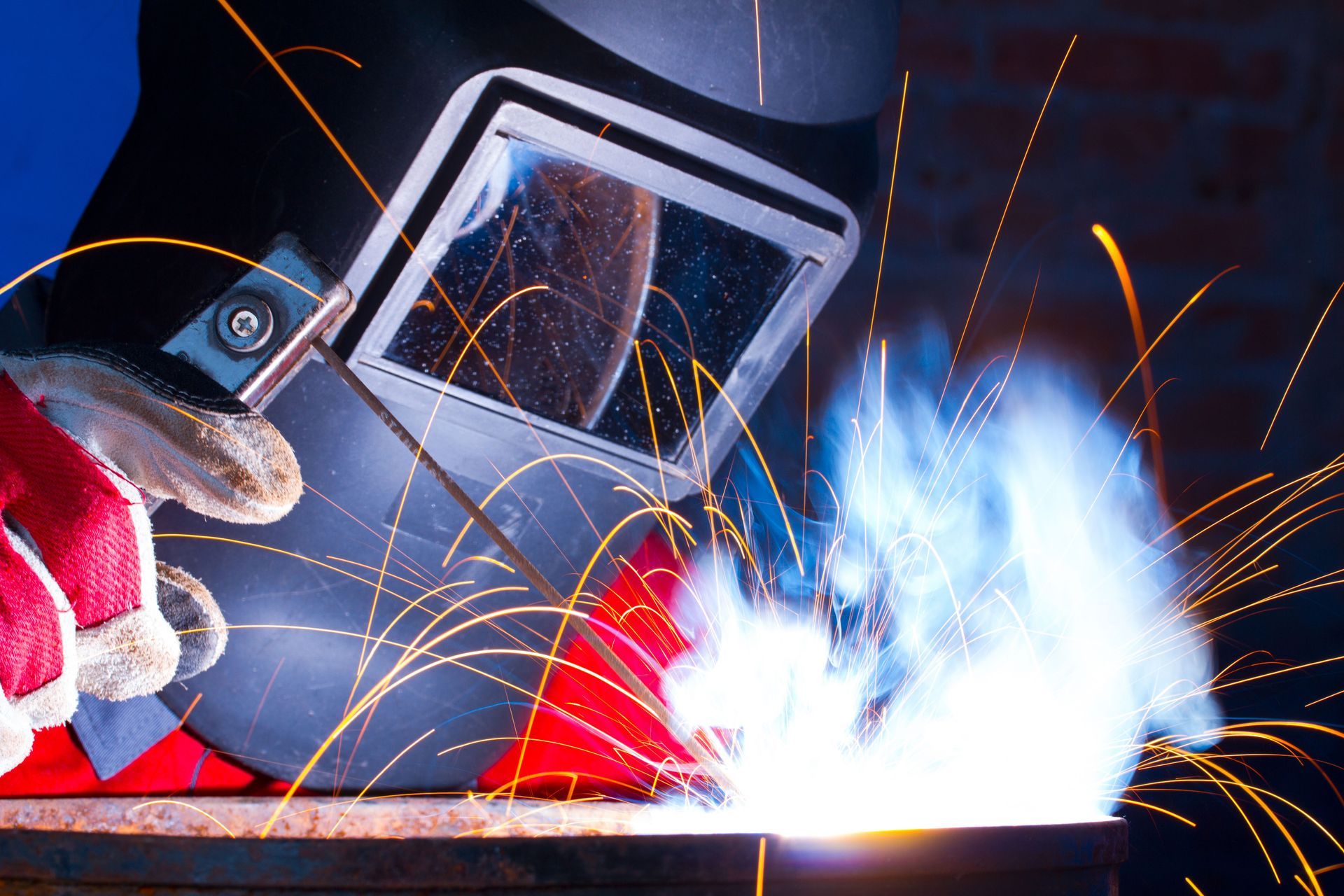
Share On: